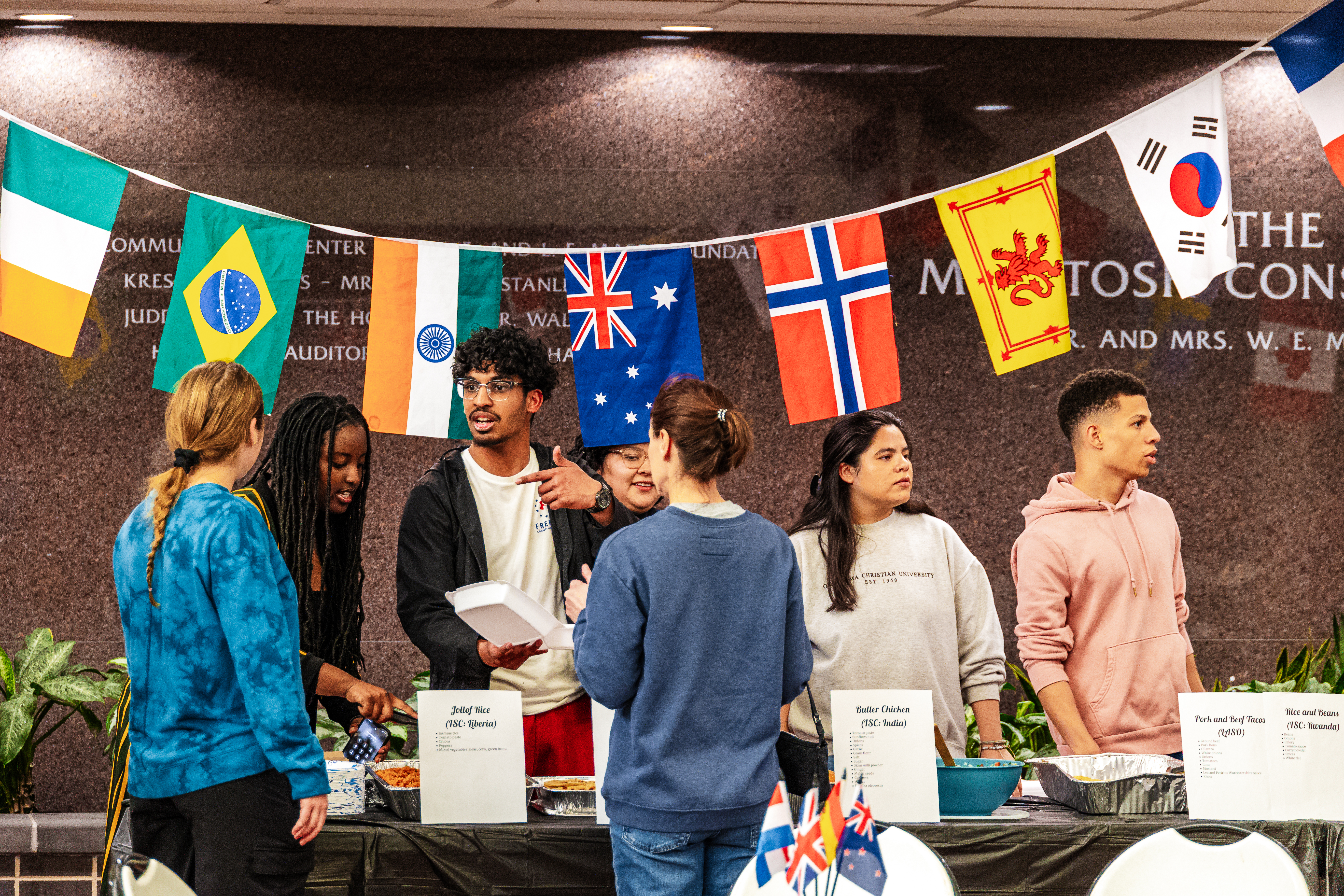Online Photo
Two U.S. warships are stationed on the Black Sea – C17 aircrafts wait just a few hours away. It sounds more like a combat area than the XXII Winter Olympics. Over 10,000 American spectators and athletes are estimated to be at the games, and the U.S. wants to ensure safety in an area that has shaky security.
Russia warned last week a “black widow” was suspected to be in Sochi. The black widows are female suicide bombers, tied to Chechen separatists, and are responsible for the deaths of nearly 700 people.
“I think there will always be terrorist threats at the Olympic games,” senior Afton Paris said. “But out of all the host nations’ possible responses, I think Russia will do a good job maintaining security.”
Thirty-four people were killed in December by suicide bombers in Volgograd, Russia. Russia’s National Anti-Terrorism Committee named Suleiman Magomedov and Asker Samedov as responsible for these attacks. One bomber targeted a trolley, while the other detonated in a train station, resulting in the deadliest Russian attack since 2011. With Volgograd being only 13 hours away from Sochi, many are concerned with what this means for the security of the Olympics.
In the USA Today article “U.S. Worried About Attacks on Soft Targets Near Sochi,” Matthew Olsen, director of the National Counterterrorism Center, hypothesized where the greatest danger would be.
“We are very focused on the Sochi Olympics” Olsen said. “And we have seen an uptick in threat reporting regarding Sochi, and this is what we expected given where the Olympics are located. There are a number of extremists in that area.”
Vilayat Dagestan – a faction of Caucasus Emirate, an Islamic separatist group – claimed accountability for these blasts, and has also threatened attacks against the Olympics multiple times.
Over 3,800 people have been killed in 1,900 terrorist strikes since the fall of the Soviet Union in 1991. Of those attacks, 1,339 have been in the three regions closest to Sochi – Chechnya, Dagestan and Ingushetia.
“The greater threat is to softer targets in the greater Sochi area, and in the outskirts beyond Sochi, where there is a substantial potential for a terrorist attack,” Olsen said.
President Vladimir Putin of Russia has created a “ring of steel” around the Olympic village and venues, with 100,000 police officers, secret service personnel and soldiers. Additionally, Putin stationed drones, attack helicopters and a ground-to-air missile system. There will be tens of thousands of security cameras, and visitors to the Olympic Villages will have to show Olympic passports.
There have been threats by athletes to boycott the Sochi Olympics – but not because of security threats.
In June, Putin signed a law prohibiting the public displays of affection between non-heterosexual couples, or even the discussion of non-traditional relationships in an attempt to limit promotion of homosexuality to minors. Obstruction of these rules is punishable by jail time and other fines.
In response to these anti-gay laws, President Obama selected Billie Jean King, former Olympian tennis star, figure staking legend Brian Boitano and Caitlin Cahow, an Olympian hockey player, to represent the White House at Sochi. All three are openly gay. Although King is now staying home to be with her ill mother, Cahow and Boitano will still be part of the delegation.
“It is not a move that I would have made, but I don’t think it is the worst response President Obama could have provided,” Paris said.
The Sochi games are the first since 2000 to not have a major U.S. political leader present. German President Joachim Gauck and French President Francois Hollande have both chosen to boycott the games, expressing their disapproval for the discriminatory anti-gay laws.
International Olympic Committee President Thomas Bach has warned the athletes that making political gestures at medal podiums or other official venues is not permitted. The athletes are free, however, to make political statements at news conferences.
On Friday, a coalition of 40 human rights and gay-rights groups sent a letter to the 10 largest Olympic sponsors, pressing them to run ads supporting gays, lesbians, bisexual and transgender individuals. Coca-Cola and McDonalds have seen their social media overtaken by gay-rights activists trying to spread awareness and condemn Russia’s laws.
Russian Sports Minister Vitaly Mutko has threatened to jail gay athletes if they violate these rules.
While these issues may be controlling the pregame headlines, beginning Friday, Feb. 7, millions of people around the globe will be watching skiing, snowboarding, skating and a host of other sports.
“I am looking forward to the figure skating the most,” senior Sarah Philbin said. “It is a sport of such grace and style, yet the precision that it must be conducted with is unbelievable. It’s beautiful to watch and I love seeing all the figure skaters whose perseverance has paid off and they finally get to see their dreams come true – being in the Olympics.”
The opening ceremony kicked off this morning at 10, and the games run through Feb. 23.













Be First to Comment